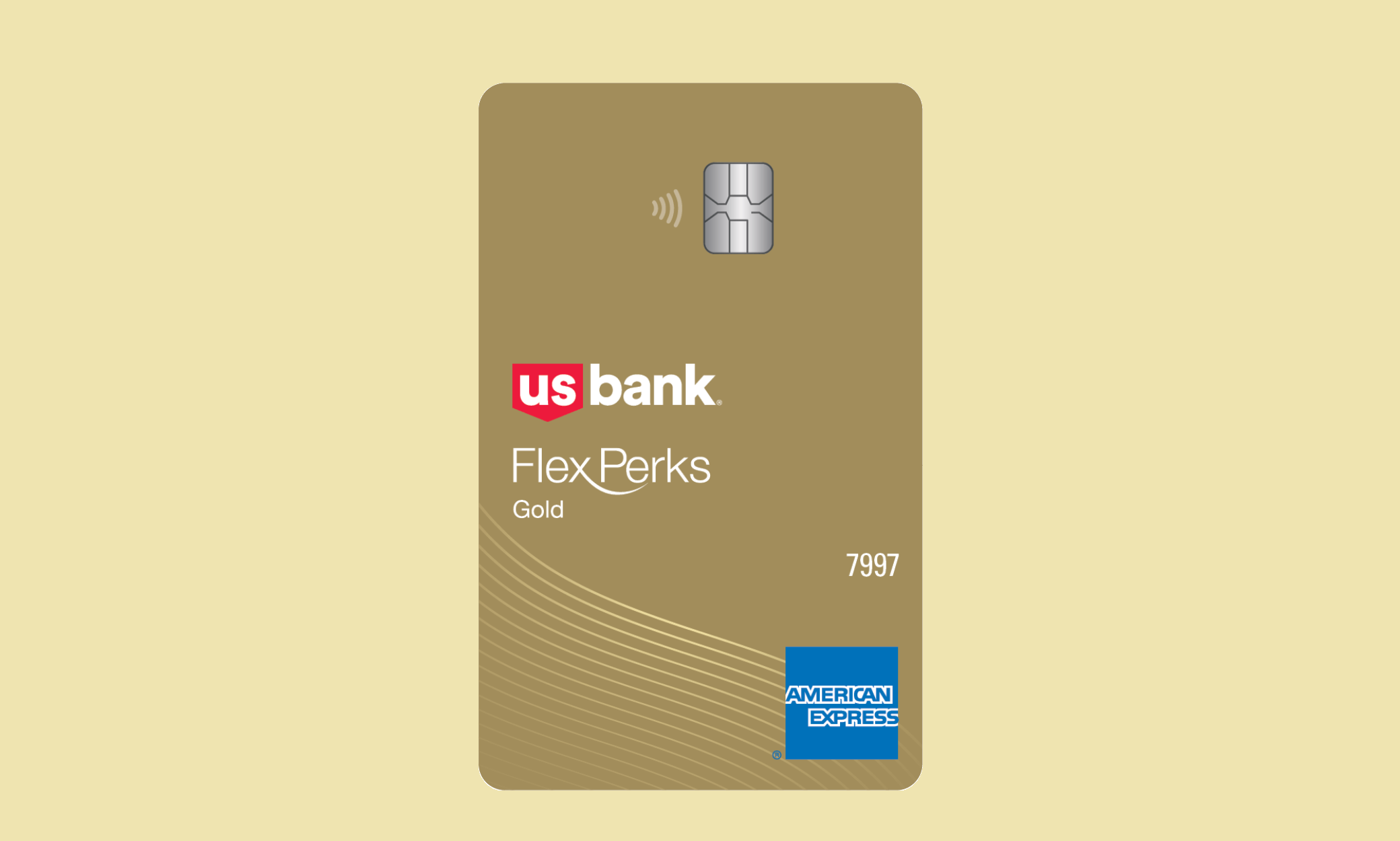The Role of Credit Cards in Managing Financial Emergencies

Understanding the Role of Credit Cards in Financial Emergencies
In this era of unpredictability, individuals often find themselves confronting sudden financial hardships, such as unexpected medical bills, job loss, or urgent home repairs. During these trying times, credit cards can serve as a lifeline, providing much-needed financial support. However, navigating the world of credit responsibly can be daunting, and understanding the intricacies of credit card usage during emergencies is key to avoiding deeper financial distress.
Immediate Access to Credit
One of the standout features of credit cards is their ability to provide immediate access to credit. In a situation where cash flow is tight, rather than waiting for a bank loan that may take days to process, credit cards enable you to make emergency purchases or access cash advances almost instantly. For example, if your car breaks down unexpectedly and requires urgent repairs, having a credit card can allow you to cover the costs immediately, ensuring you’re back on the road without the stress of being without transportation.
Rewards and Benefits
Another remarkable aspect of certain credit cards is the array of rewards and benefits they offer. Some cards come equipped with built-in features designed to alleviate financial pressure. For instance, many credit cards provide travel insurance, covering unexpected trip cancellations or lost baggage. Similarly, purchase protection can safeguard major purchases against theft or damage, giving you added peace of mind. Furthermore, reward points can accumulate on your everyday spending, which you can later redeem for cash back or travel credits, providing an extra cushion in future emergencies.
Flexible Payment Options
Credit cards also come with various flexible payment options, allowing you to manage payments over time. This can be incredibly advantageous in emergencies when finances are already strained. By opting for a minimal payment plan rather than the full balance, you can relieve some immediate financial pressure while still addressing the original debt. This flexibility is crucial; for instance, if an unexpected medical expense arises, paying it back over time can be more manageable than dealing with the entire amount upfront.
Despite their benefits, approaching credit card usage with caution is vital. It’s essential to keep your debt manageable to avoid the pitfalls of high-interest rates that can quickly compound if left unchecked. Familiarizing yourself with your card’s terms, understanding interest rates, and setting spending limits can help you utilize your cards effectively during a crisis.
By cultivating a mindful relationship with your finances and recognizing the potential of credit cards, you can transform emergencies into solvable challenges. Embrace the advantages of credit cards, but always remain mindful of the responsibilities that accompany their use. With informed decisions and a proactive approach, you can navigate financial uncertainties with confidence, establishing a foundation for a more secure financial future.
LEARN MORE: Click here to find out how
Maximizing Financial Resilience with Credit Cards
When faced with sudden financial emergencies, it’s crucial to use every tool at your disposal to mitigate stress and regain control of your financial situation. Credit cards can be one of the most potent resources in your financial toolkit. By understanding how to effectively leverage credit cards, you can navigate through turbulent times with greater confidence and resilience.
A Safety Net for Unforeseen Circumstances
Credit cards provide a sort of safety net—a buffer against the unpredictable nature of life. Picture this: your home experiences a plumbing issue that requires immediate repair, potentially costing hundreds of dollars. Having a credit card on hand means you can quickly handle these unanticipated expenses without derailing your monthly budget. This immediate access can mean the difference between a small inconvenience and a larger financial catastrophe.
Building Credit While Managing Emergencies
Utilizing your credit card during emergencies also presents an excellent opportunity to build or maintain your credit score. Demonstrating a responsible repayment pattern can reflect positively on your credit history. Timely payments can lead to a stronger credit profile, which can benefit you in the long run by lowering interest rates on future loans or facilitating larger credit limits when you need them most. Engage with your financial institution, learn about your credit score, and set a goal to enhance your standing. Every responsible decision makes a difference to your financial future.
Essential Considerations for Using Credit Cards Wisely
While the potential of credit cards is vast, responsibility is paramount. Here are a few key considerations to bear in mind when relying on credit cards during emergencies:
- Understand Interest Rates: Before you swipe your card, familiarize yourself with your card’s interest rates. High-interest rates can lead to a spiral of debt if not managed properly.
- Limit Credit Utilization: Try to keep your credit utilization ratio, the amount of credit you use compared to your total available credit, below 30%. This approach helps maintain a healthy credit score.
- Maintain an Emergency Fund: While credit cards can be helpful, they should supplement an emergency savings fund rather than replace it. Set aside savings specifically for unexpected costs.
- Read the Fine Print: Always review your credit card agreement. Knowing about fees and limitations will enable you to use your card more strategically.
In conclusion, while using credit cards for emergencies can provide immediate relief, their long-term impact on your financial health could be significant. By embracing a proactive approach and being mindful of spending habits, you can transform the way you respond to financial crises. Credit cards are not just a method of payment; they are a critical component of your overall financial strategy, ready to support you when life throws a curveball.
DISCOVER MORE: Click here for essential insights
Harnessing Credit Card Benefits During Crises
In addition to providing immediate access to funds, credit cards come with a host of benefits that can further support you in times of financial crises. Understanding how to fully utilize these features can significantly enhance your financial resilience. When emergencies strike, turning to your credit card can be a wise decision if approached thoughtfully.
Utilizing Reward Programs
Many credit cards offer reward programs that can turn your unexpected expenditures into advantages. If you find yourself in a financial bind and need to make a purchase—such as paying for emergency car repairs—using a card that offers cash back or points can help offset some costs. For example, if your card provides 1.5% cash back, every time you encounter an unexpected bill, you not only manage to get the funds needed but also earn rewards that can later be redeemed for discounts or gift cards. This strategic use of rewards can provide a financial cushion during tough times.
Access to Financial Tools and Resources
Many credit card issuers provide financial tools and resources designed to support cardholders during emergencies. For instance, some cards have built-in budgeting tools and expense tracking features that can assist you in understanding your spending patterns. This allows you to make more informed decisions and can help you plan better for the future. Additionally, some issuers offer complimentary financial counseling to help you manage debt effectively and develop strategies for emergencies. These resources can empower you to take charge of your financial health.
Emergency Assistance Services
In many cases, credit cards come with emergency assistance services that offer crucial support during crises. For example, some cards provide roadside assistance, travel insurance, and even emergency medical coverage. If you find yourself stranded due to a car breakdown or need medical assistance while traveling, having a credit card can mean you have immediate access to help. These services not only mitigate stress but can also save you money that you would otherwise spend on unexpected expenses. Always check the details of your card’s benefits so you can leverage them when needed.
The Importance of a Comprehensive Plan
While credit cards are helpful, relying solely on them without a comprehensive plan can lead to long-term financial challenges. It’s essential to combine the use of credit cards with budgeting strategies and proactive financial planning. Create a detailed budget that anticipates potential emergencies and outlines how you will manage costs should they arise. Consider discussing options with a financial advisor to determine how best to use credit effectively as a part of your overall financial strategy. Remember, having a plan can help you maintain peace of mind amid the chaos of unexpected expenses.
Your ability to manage financial emergencies effectively relies not only on your access to credit but also on your understanding of the tools at your disposal, including the comprehensive benefits associated with your credit card. By approaching emergencies proactively and strategically, you can take confident steps towards maintaining your financial health, even in the face of uncertainty.
DISCOVER MORE: Click here to find out how to apply
Conclusion
In navigating the uncertain waters of financial emergencies, credit cards emerge as invaluable allies when leveraged responsibly. They provide not only immediate access to funds but also a variety of benefits—like rewards programs, financial tools, and emergency assistance services—that can help ease the burden of unexpected expenses. Embracing these features enables you to convert financial challenges into opportunities for savings and growth.
However, it’s vital to remember that the power of credit cards lies in a balanced approach. By establishing a comprehensive financial plan that includes effective budgeting strategies and regular reviews of your spending habits, you empower yourself to face emergencies with confidence. Moreover, seeking guidance from financial advisors can enhance your understanding of how to utilize credit wisely within your broader financial strategy.
Ultimately, the role of credit cards in managing financial emergencies goes beyond just temporary funds or convenience. They can be a stepping stone towards greater financial literacy and preparedness. As you strive to enhance your financial resilience, let your credit choices reflect a commitment to conscious spending and proactive planning. With every informed decision, you are not just weathering the storm of uncertainty; you are paving the way for a more secure financial future.



